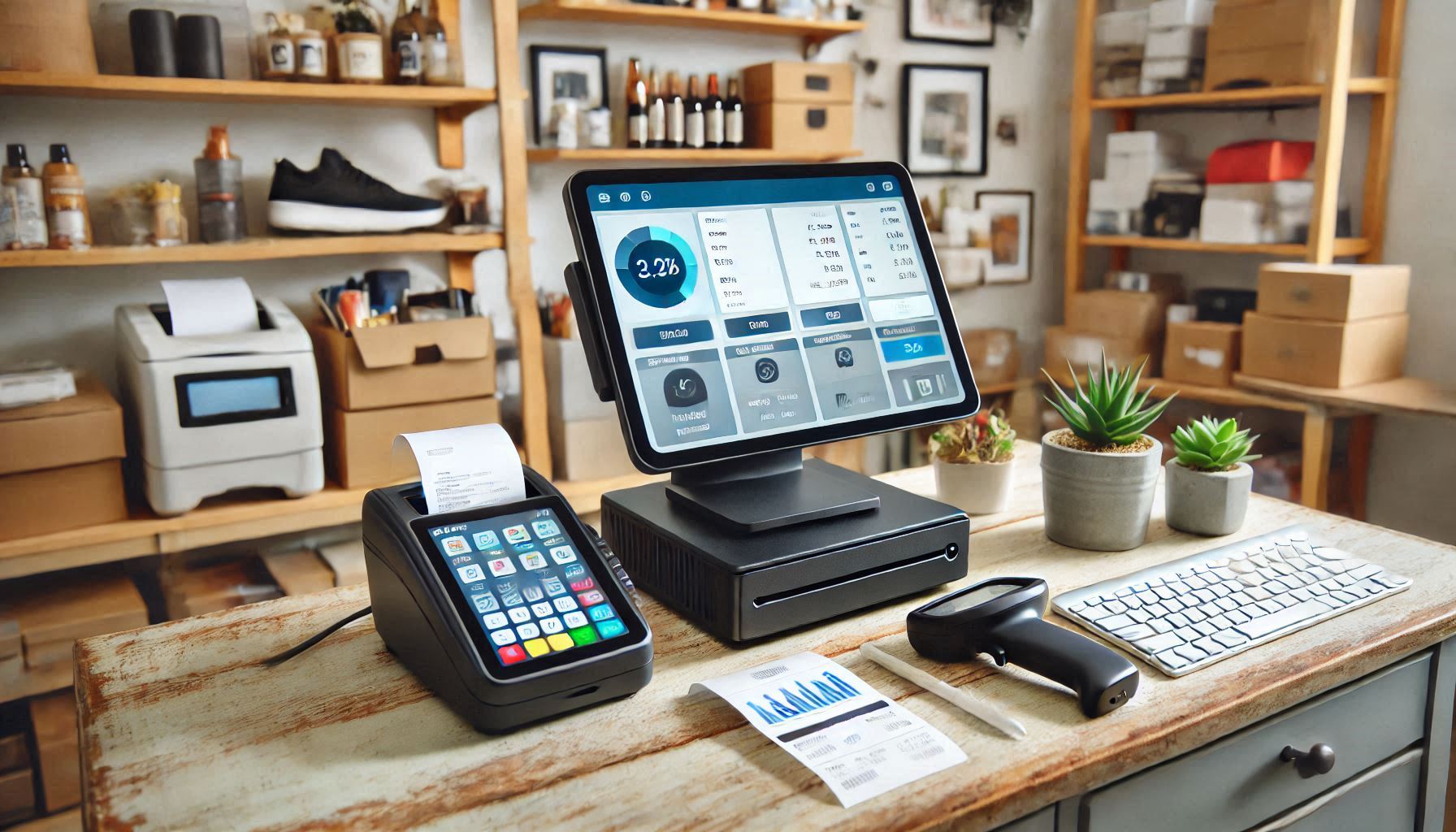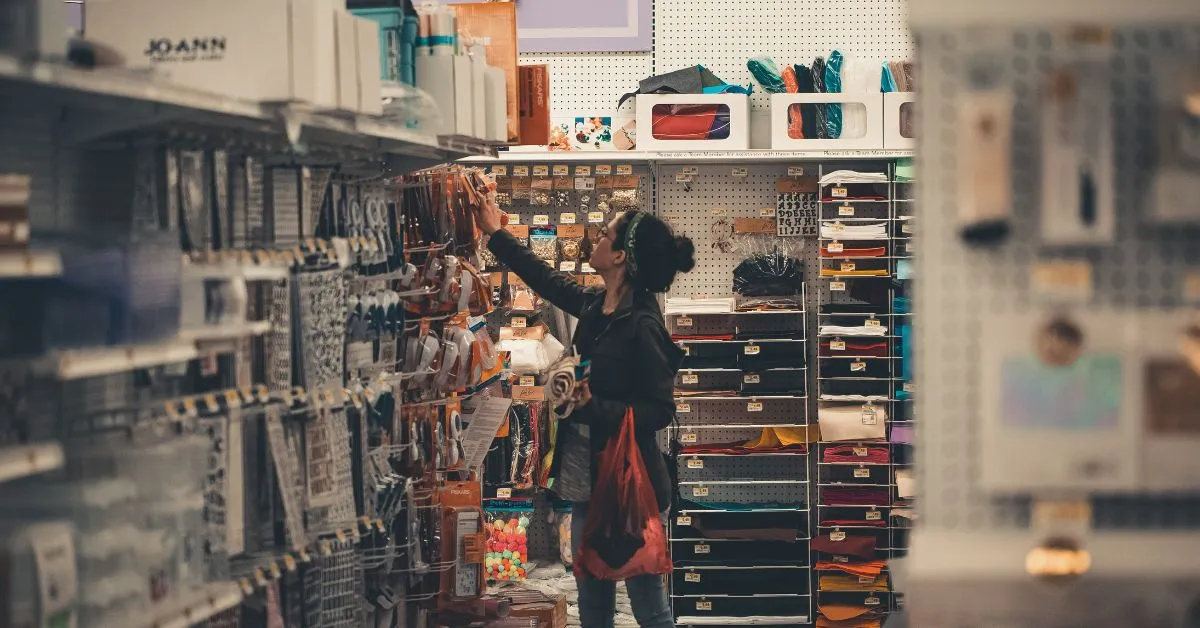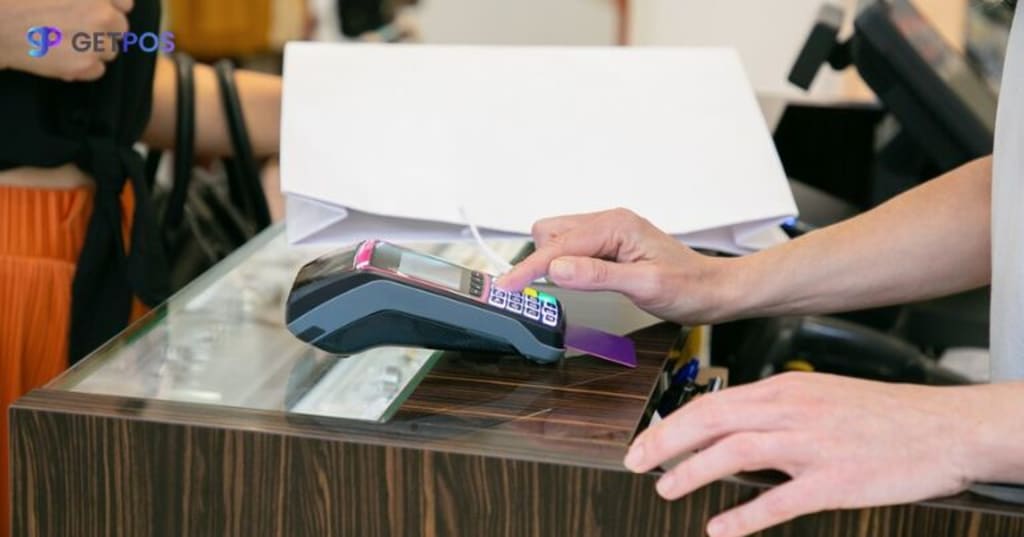The Role of POS Systems in Managing Multi-Location Businesses

In today’s fast-paced business world, managing multiple locations effectively is a challenging task. From tracking inventory to handling customer transactions, businesses need a seamless solution to streamline operations across various locations. This is where Point of Sale (POS) systems play a crucial role. A modern POS system does much more than just process sales; it integrates inventory management, customer data, employee performance, and real-time reporting, making it an essential tool for multi-location businesses.
1. Centralized Management and Real-Time Data Access
One of the biggest advantages of using a POS system in a multi-location business is centralized management. Business owners and managers can access real-time data from all locations in one dashboard, eliminating the need for manual reporting. This ensures:
- Consistent pricing and promotions across all locations
- Real-time sales tracking to monitor performance
- Improved decision-making with accurate insights
For example, a restaurant chain with multiple locations can use a cloud-based POS system to monitor daily sales trends, identify best-selling items, and adjust inventory or promotions accordingly.
2. Inventory Management Across Multiple Locations
Managing inventory across multiple locations can be complex, but a POS system helps streamline this process. With features like automated stock tracking, businesses can:
- Monitor inventory levels in real time
- Set alerts for low-stock items
- Transfer stock between locations efficiently
This ensures that businesses don’t face stockouts or overstocking issues, which can lead to lost sales or wasted resources. For example, a retail chain can use a POS system to track which products are in high demand at one location and transfer excess stock from another location to balance inventory.
3. Enhanced Customer Experience
A POS system helps maintain consistent customer service across all locations. With integrated customer relationship management (CRM) features, businesses can:
- Track customer purchase history
- Offer loyalty programs and personalized discounts
- Accept multiple payment methods
By keeping a centralized customer database, businesses can enhance the shopping experience. For instance, a customer who signs up for a loyalty program at one location should be able to redeem rewards at any other branch seamlessly.
4. Employee Management and Performance Tracking
Multi-location businesses often struggle with employee scheduling, tracking attendance, and monitoring performance. A POS system can simplify this by:
- Recording employee work hours
- Assigning roles and access levels
- Tracking individual sales performance
With these features, businesses can ensure optimal staffing levels, reduce labor costs, and reward top-performing employees based on data-driven insights.
5. Standardized Reporting and Analytics
With a robust POS system, businesses can generate detailed reports on various aspects, such as:
- Sales performance by location
- Best-selling products
- Customer buying trends
- Profit margins
These reports provide a clear picture of overall business health and help business owners make informed decisions. For example, if a specific location is underperforming, managers can analyze sales data to identify potential issues and implement targeted strategies.
6. Multi-Channel Sales Integration
Many businesses operate both physical stores and online platforms. A POS system with omnichannel integration ensures smooth synchronization between in-store and online sales. This means businesses can:
- Maintain accurate inventory across all channels
- Offer click-and-collect services
- Manage returns and exchanges seamlessly
For instance, a fashion retailer with multiple stores and an e-commerce website can use a POS system to synchronize inventory, preventing overselling or discrepancies between online and offline stock levels.
7. Scalability and Growth Support
A POS system is not just about managing current operations; it also supports business growth. With features like cloud-based access, mobile POS, and AI-driven analytics, businesses can:
- Expand into new locations easily
- Train staff efficiently with a unified system
- Scale up without major infrastructure changes
For example, a coffee chain opening a new location can use the existing POS system setup to integrate the new store seamlessly without major disruptions.
Conclusion
For multi-location businesses, investing in a modern POS system is a game-changer. It simplifies operations, enhances customer experiences, improves employee productivity, and provides valuable insights to drive growth. With the right POS system, businesses can ensure that all their locations operate efficiently, remain competitive, and deliver exceptional service to their customers.






